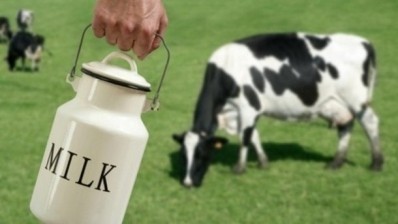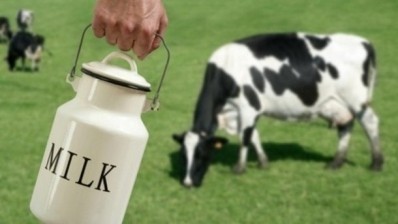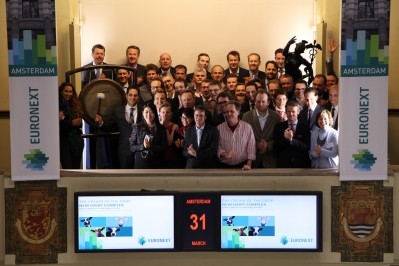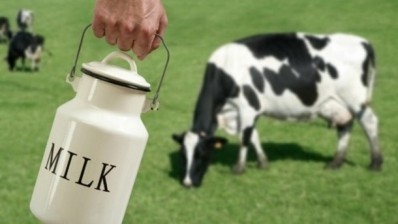Milk quota abolition 'both a challenge and an opportunity': EC
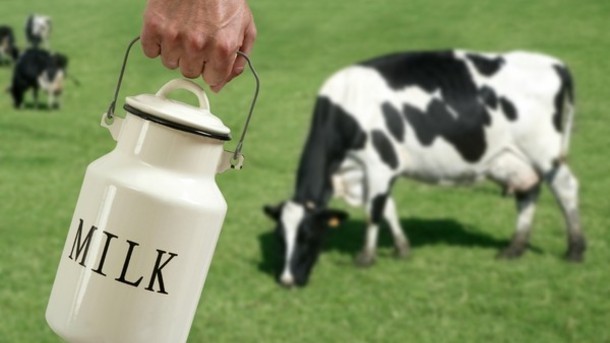
EU milk quotas, which were introduced in 1984 to address the problem of over production in the region, are set to be abolished on April 1 2015.
Milk production is expected to increase significantly across the EU in the years following the removal of the quota system.
With less than a week until the system is completely dismantled, Phil Hogan, EU Commissioner for Agriculture and Rural Development, said that it is while positive move there will be difficulties.
“The end of the milk quota regime is both a challenge and an opportunity for the Union,” Hogan said in a statement.
“It is a challenge because an entire generation of dairy farmers will have to live under completely new circumstances and volatility will surely accompany them along the road."
“But it certainly is an opportunity in terms of growth and jobs. Through increased focus on valued added products as well as on ingredients for functional food, the dairy sector has the potential of being an economic driver for the EU," he added.
"No surge" in 2015
Each of the 28 EU Member States currently has two milk quotas – one for deliveries to processors and the other for direct sales at farm level.
Member States that exceed either quota are issued a fine, called a superlevy, of €27.83 (US$30.27) per 100kg.
In October 2014, farmers in eight EU Member States - Germany, the Netherlands, Poland, Denmark, Austria, Ireland, Cyprus, Luxembourg - were ordered to pay a total of nearly €409m (US$445m) in fines for exceeding their milk quotas.
While milk production in the region is expected to rocket in the long-term, the European Commission (EC) expects an increase of just 1% in 2015.
A recent EC report said that "no surge in milk production is expected in 2015 over the 2014 record, despite the quota expiry in April."
“In 2015, the first year without quota, EU milk deliveries are expected to increase moderately, by around 1%.”
Higher supply increases are, however, expected in Member States, including Ireland, the Netherlands and Germany, where dairy cow numbers are up, the report added.
Staggered payments
Milk quota fines for the year ended March 31 2015 will be announced later this year.
Earlier this month, EU Member States voted in favour of an EC proposal to to stagger superlevy fines from the final year.
EU farmers will be given the option of paying off their fines in three interest-free installments.
Copa-Cogeca, which represents European farmers and their cooperatives, welcomed the result of the vote.
"Hit by low prices, soaring input costs and a poor turnover, milk producers are facing sever economic difficulties, putting their cash flow at risk," said Mansel Raymond, Copa-Cogeca.
"Many producers - in around 13 Member States - are also likely to pay a big milk superlevy bill this year."
"I therefore welcome the vote today in the EU Management Committee on the EU Commission proposal to help reduce the pressure by letting farmers pay back the superlevy bill over a longer period of time," he added.
